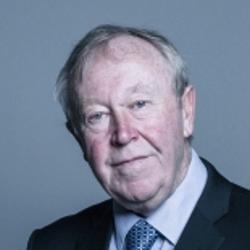
1 APPG Officer Position (as of 12 Jan 2026)
Kidney8 APPG Memberships
Beer, Australia and New Zealand (ANZAC) and the Pacific Islands, Global Education, Liverpool City Region, Media, Music, Writers, Aid Match9 Former APPG Officer Positions
Belize, Brazil, British Turks and Kurds, Darts, Film and Broader Screen, Global Education for All, Music, Safe Standing, VenezuelaDivision Voting information
Lord Watts voted Aye - against a party majority and in line with the House
One of 8 Labour Aye votes vs 120 Labour No votes
Tally: Ayes - 272 Noes - 125
Lord Watts voted Aye - against a party majority and in line with the House
One of 7 Labour Aye votes vs 110 Labour No votes
Tally: Ayes - 242 Noes - 116
Debates during the 2024 Parliament
Speeches made during Parliamentary debates are recorded in Hansard. For ease of browsing we have grouped debates into individual, departmental and legislative categories.
Sparring Partners
Minister of State (Department for Transport)
(28 debate interactions)
Department Debates
(35 debate contributions)
(19 debate contributions)
(13 debate contributions)
(12 debate contributions)
Legislation Debates
(165 words contributed)
(48 words contributed)
Lords initiatives
These initiatives were driven by Lord Watts, and are more likely to reflect personal policy preferences.
Lord Watts has not introduced any legislation before Parliament
Lord Watts has not co-sponsored any Bills in the current parliamentary sitting
Latest 1 Written Question
(View all written questions)The CAA is independently responsible for regulating airport charges within the overall legislative framework for economic regulation set out in the Civil Aviation Act 2012. Regulation is based on an assessment of an airport’s market power with the purpose of protecting the consumer. Currently two airports meet this market power test - Heathrow and Gatwick - with regulatory arrangements in place for both.
The CAA does not hold statutory competition functions in relation to airline markets: these are held by the Competition and Markets Authority.
Minister of State (Department for Transport)